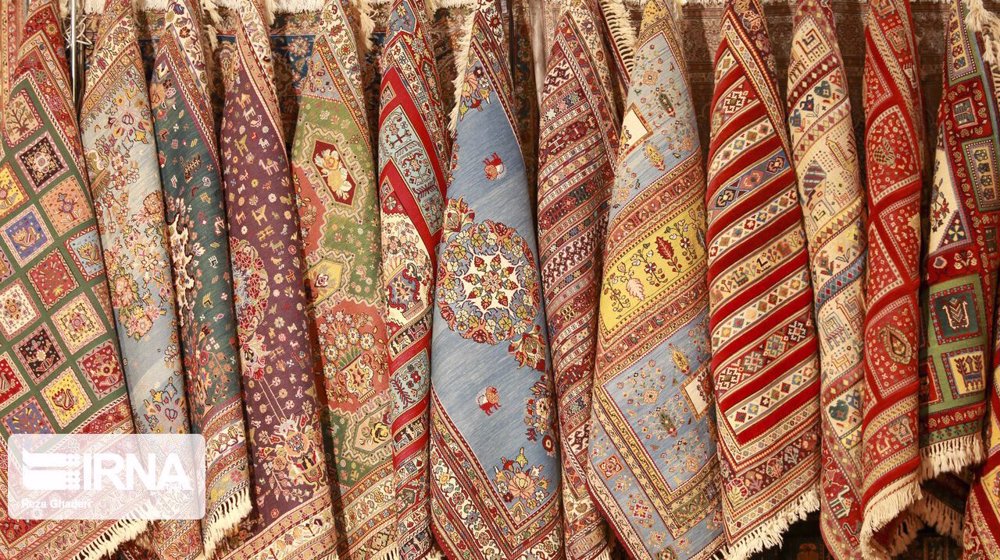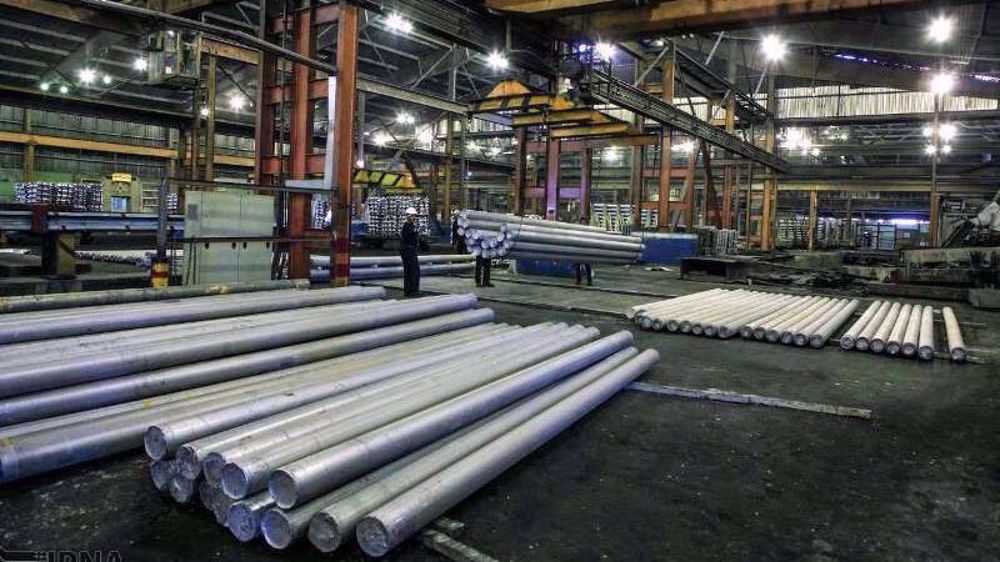Iran carpet business no longer a main export earner, annual sales drop to $72mln
Iran has lost hundreds of millions in annual revenues from exports of hand-woven carpets as a major businessman blame the huge loss on current exchange regulations and US sanctions.
The ILNA news agency said in a Monday report that carpet exports from Iran in the calendar year to late March had topped to $72.4 million, accounting for 0.17% of the country’s total non-oil exports over the period.
That comes as hand-woven carpet shipments used to be a main export earner for Iran besides crude and oil products in the not too distant past.
Government data shows that annual carpet exports had reached a record of nearly $700 million in 1997. That amounted to about a fifth of the total non-oil exports from the country over that year.
“A main reason for the freefall in carpet exports is the fact that experienced exporters have withdrawn from the market,” said Seyyed Razi Miri, a major carpet trader, who insisted that current rules on exports have deterred many traders from export activity.
Iran imposed tight controls on currency liquidity in 2018 after the country’s foreign exchange resources came under strain because of US sanctions.
Those controls require exporters to return their hard currency proceeds to the country within a short period of time.
Miri said the requirement is totally untenable for carpet traders as they need time to sell their products in foreign countries where demand for hand-woven carpet has declined in recent years.
“Rules and regulations imposed on exports can somehow be viewed as a domestic form of sanction or at least they can have impacts similar to the sanction,” he said.

Tehran’s Mosalla to become world’s largest mosque complex

US imposes new sanctions targeting Iran's drone industry

Iran, Philippines sign agreements for agriculture cooperation
Iran's freestyle wrestling team clinches championship title in Albania ranking series
Trump seeks sweeping cuts to State Department: Report
VIDEO | Iran, Pakistan strengthen media cooperation to foster cultural ties
VIDEO | BRICS workshop in Tehran strengthens innovation, cooperation
Iran condemns deadly bombing in Pakistan, stresses regional unity to fight terror
Jordanians rally en masse to censure Trump's Gaza takeover plan
VIDEO | Press TV's news headlines
Iraq asserts commitment to security agreement with Iran








 This makes it easy to access the Press TV website
This makes it easy to access the Press TV website